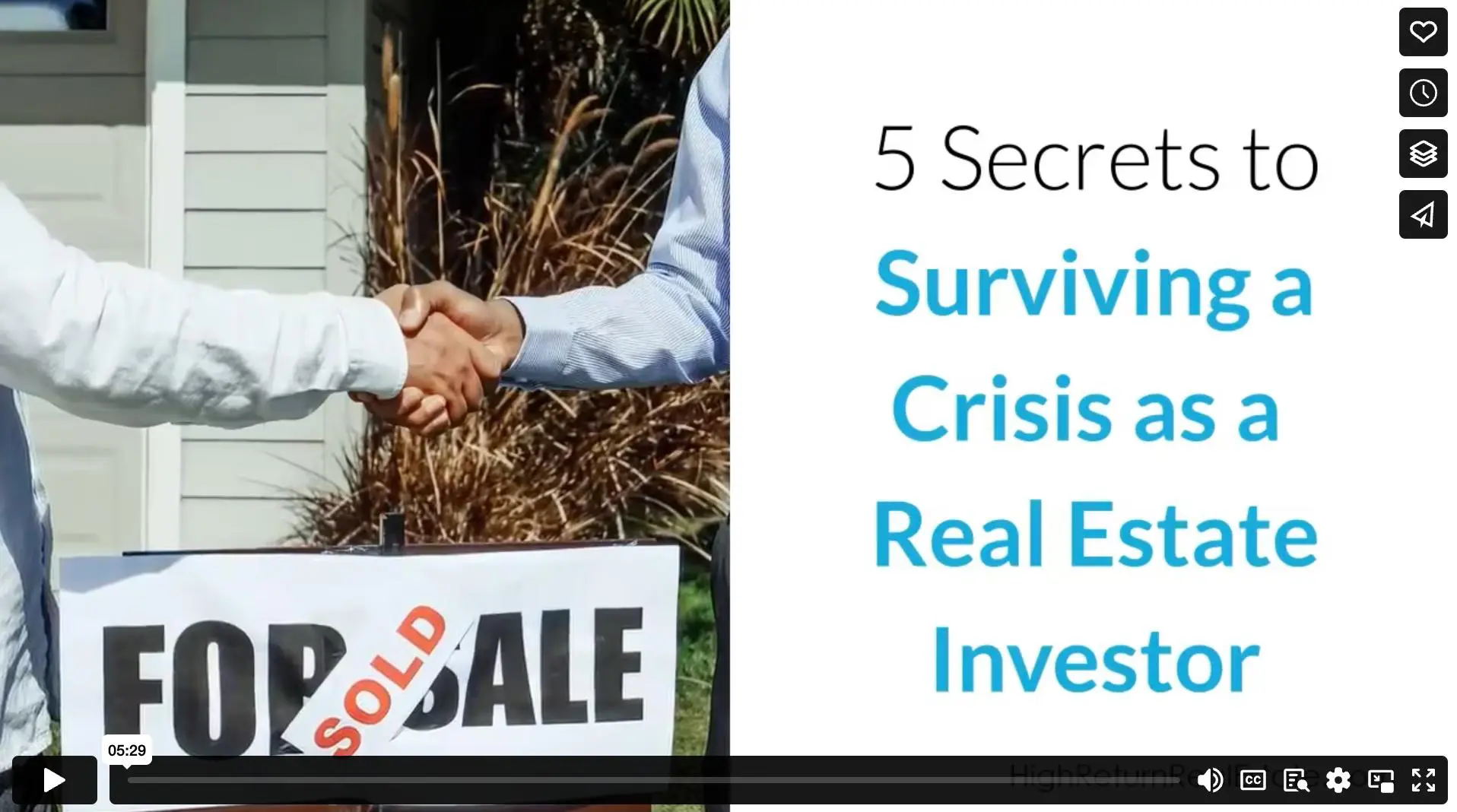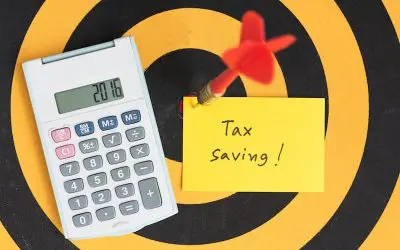As the real estate market continues to face increasing unpredictability, it is important to remember recent past crises, such as the Great Recession of 2008, which have taught us useful lessons on real estate investing during times when the future is particularly unclear.
For some real estate investors, times like these can mean choosing to wait patiently for the crisis to pass and staying out of the real estate market until it has stabilized again. For others who have already weathered recent economic storms, or for newer investors who want to keep going and are not certain how to move forward, here is a guide to help real estate investors through some practical and mindset-related tips for navigating during a time of crisis.
1. Be Patient
It is no time to be impetuous or to jump on new deals. Instead, deliberately consider new real estate investments with a long-term mindset. Economic crises bring increased unemployment, and with unemployment, there is an increase in homeowners choosing to forgo foreclosure by selling properties they may have otherwise kept. As a result, inventory may increase and a profitable investment that might have seemed unique not long before will soon become one of many. Alternatively, it’s better to wait patiently for properties with a larger profit margin that will more likely withstand a hit in resale value. Don’t rush into anything. Take time to thoroughly analyze any new deals. This will take more time but will be better in the long run.
2. Be Selective
An investor’s strategy should always include significant property analysis, but especially during times of crisis. In these seasons, an investor’s strategy should also increase reflection on costs and risk factors. This will help investors avoid taking on any disastrous deals.
During a crisis, it is also important to place importance on leverage over cash. Like investors, banks and private money lenders both need to avoid excessive risk and overextension right now by lending more selectively. Accordingly, keep in mind that lenders may require certain mitigating features for investors looking at a potential property. They may ask for higher interest rates and require 20% down or more. They may also request proof that a property is in a viable investment area, want you to show a successful track record, and require a higher credit score than usual from the borrower.
Additionally, investors should remember that it’s unknown whether real estate prices will stabilize where they are currently, or if they will continue to drop significantly. A way to invest more safely is to purchase when prices have bottomed out and to make purchases at enough of a discount that a property can tolerate at least a 10% drop in value between purchase and resale, should the market drop between that period.
Since the real estate market is more unstable than usual, investors should respond accordingly and be selective about current investments to mitigate risk until the real estate market stabilizes.
3. Be Flexible
Since the future is increasingly unpredictable, it is key for an investor to be able to quickly liquidate a property. More than ever, investors should focus on property types. This is because buyer demand could significantly decrease between purchase and resale of a property, which is the reason why investors should look at property deals with multiple prospects. For instance, instead of buying into a property with sole fix-and-flip value, look into properties that could also work as rental property. Depending on the market when renovations are complete on a property, these prospects would offer an investor multiple exit strategies should they need to quickly sell a property.
4. Be Aware
In any time of economic recession, some areas are affected more than others. Look for information on which areas are more vs. less likely to be rocked by recessions. While the areas most and least affected from crisis to crisis can change, here are some factors that tend to insulate areas from economic ups and downs. These factors include areas with large numbers of government or military personnel, areas that house large public and private institutions, and areas with new growth projects where larger developments are taking place at a given time.
If a place has any of these features, then it will likely be buffered from big fluctuations in the larger economy. As a result, it will have a more protected pool of buyers that will not disappear during an economic crisis.
5. Stay Optimistic
During a national crisis, there is only so much anyone can do but exercise caution and patience and remember that time and time again, markets tend to bounce back.
A leading company in real estate investment management, High Return Real Estate offers turnkey real estate opportunities that produce some of the highest returns in the real estate investing arena. Our processes of acquisition, rehabbing, placement of tenants, and management are fully systemized and provide strategic turnkey rental properties that are a safe haven for investors — properties that are insulated from other market fluctuations.
Video





